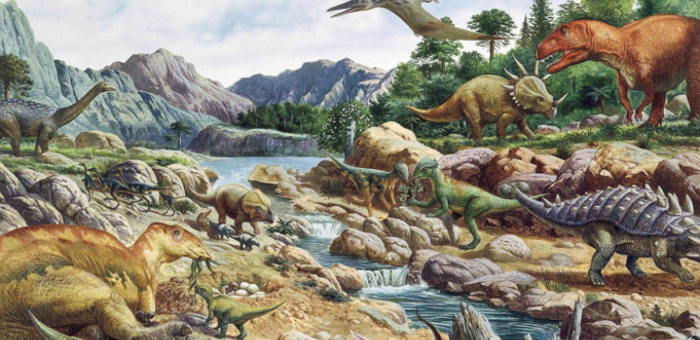Widespread species extinction from fossil fuel combustion
Today in the BC Legislature I rose to give a Members’ Statement on global warming and species extinction. Having had to sit through an excruciatingly painful week watching the hypocrisy of BC NDP MLA after BC NDP MLA standing up and voting against everything they believe in (because they were whipped into doing so), I thought I would remind the house what’s at stake if we don’t start to reduce greenhouse gas emissions immediately.
As I articulate in my statement, by the time the warming reaches 2°C later this century, 99% of all the world’s coral reef species will be extinct.
Below I reproduce the video and text of my statement.
Video of Statement
Text of Statement
A. Weaver: Since the beginning of the Paleozoic, there have been six great extinctions. The first occurred 440 million years ago, and 80 to 85 percent of known marine species were wiped out. And 360 million years ago 80 to 85 percent of known marine species were once more obliterated.
At the boundary of the Paleozoic and Mesozoic, 251 million years ago, 70 percent of all land species and 96 percent of all marine species were eradicated. At the boundary between the Jurassic and Triassic, some 200 million to 210 million years ago, 80 percent of marine species and many of the land vertebrates perished, including most amphibians.
In the fifth, known as the Cretaceous–Tertiary or K–T event, 75 percent of world species, including the dinosaurs, were wiped out.
The sixth and greatest extinction event in the history of the earth is occurring as I speak. This extinction event is unique in that it is a direct consequence of human activity.
In all cases, marine extinctions and increases in ocean acidity go hand in hand. Whether it be flood basalt eruptions spewing enormous quantities of carbon dioxide and sulfates into the atmosphere for hundreds of thousands of years, a global sulfate dust cloud formed when a meteor landed in a gypsum deposit in the Yucatán Peninsula or carbon dioxide released by humans in the combustion of fossil fuels, the effects are identical. Eventually, the ocean, slowly but surely, draws down the resulting carbon dioxide levels or, more rapidly, the sulfur levels, increasing the acidity of the surface waters.
When ocean surface acidity increases, creatures find it more and more difficult to create their calcium carbonate shells. In fact, their shells start to dissolve.
It took at least two million years before coral started to reappear and about ten million years for their genetic diversity to become re-established after the KT extinction event. Children born today will be the last generation to witness the majestic beauty of coral reef biodiversity, for the world’s coral reef systems are on the fast track to global extinction. We know that by the time the warming reaches 2 degrees later this century, 99 percent of all the world’s coral reef species will be extinct. You can take that one to the bank, hon. Speaker.
In the words of Greta Thunberg:
“our civilization is being sacrificed for the opportunity of a very small number of people to continue making enormous amounts of money. It is the sufferings of the many which pay for the luxuries of a few. You say you love your children above all else, yet you are stealing their future in front of their very eyes.“





3 Comments
Thank you for speaking up, particularly for opposition to LNG development in BC.
Thank you for speaking in the legislature on global warming and species extinction. You succinctly encapsuled the enormous challenge we face with global warming and the need to address it as a top priority now. Thanks to twitter I was able to quickly read your statement.
I continue to be grateful that someone with your education and experience is willing to enter today’s political arena in order to focus on this.
Thank you for citing the extinction events, especially the end Permian. From my understanding of the research, particularly that of M.I.T. scientists, the rate of ghg emissions from the Siberian Traps event was comparable to current rates.